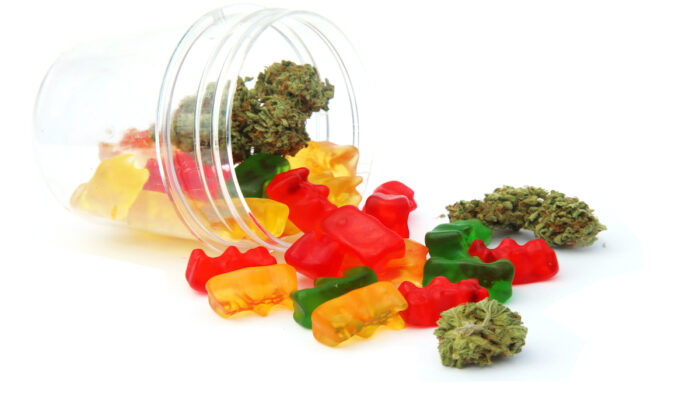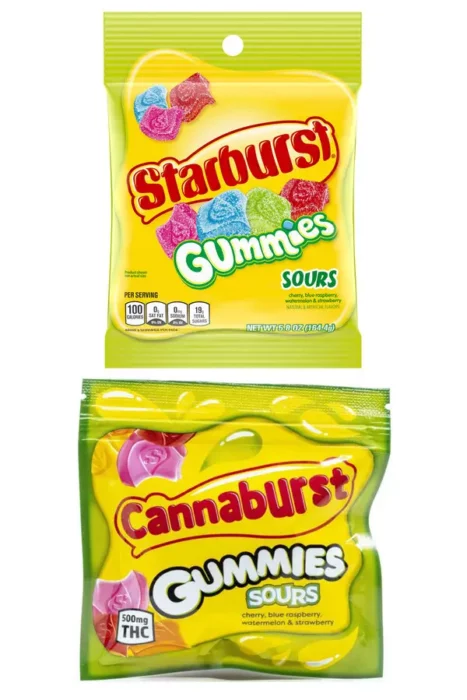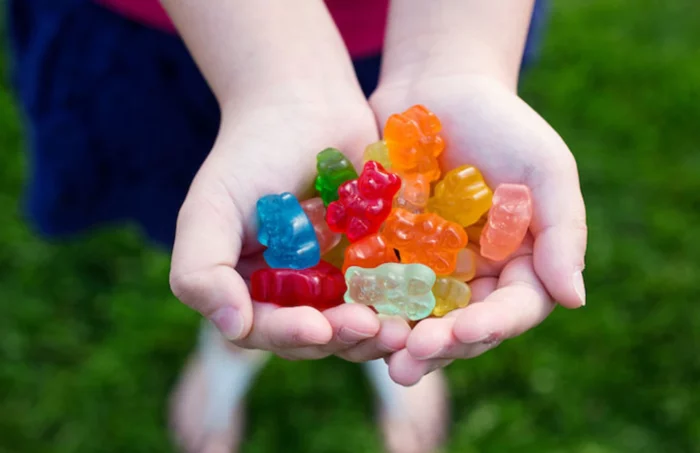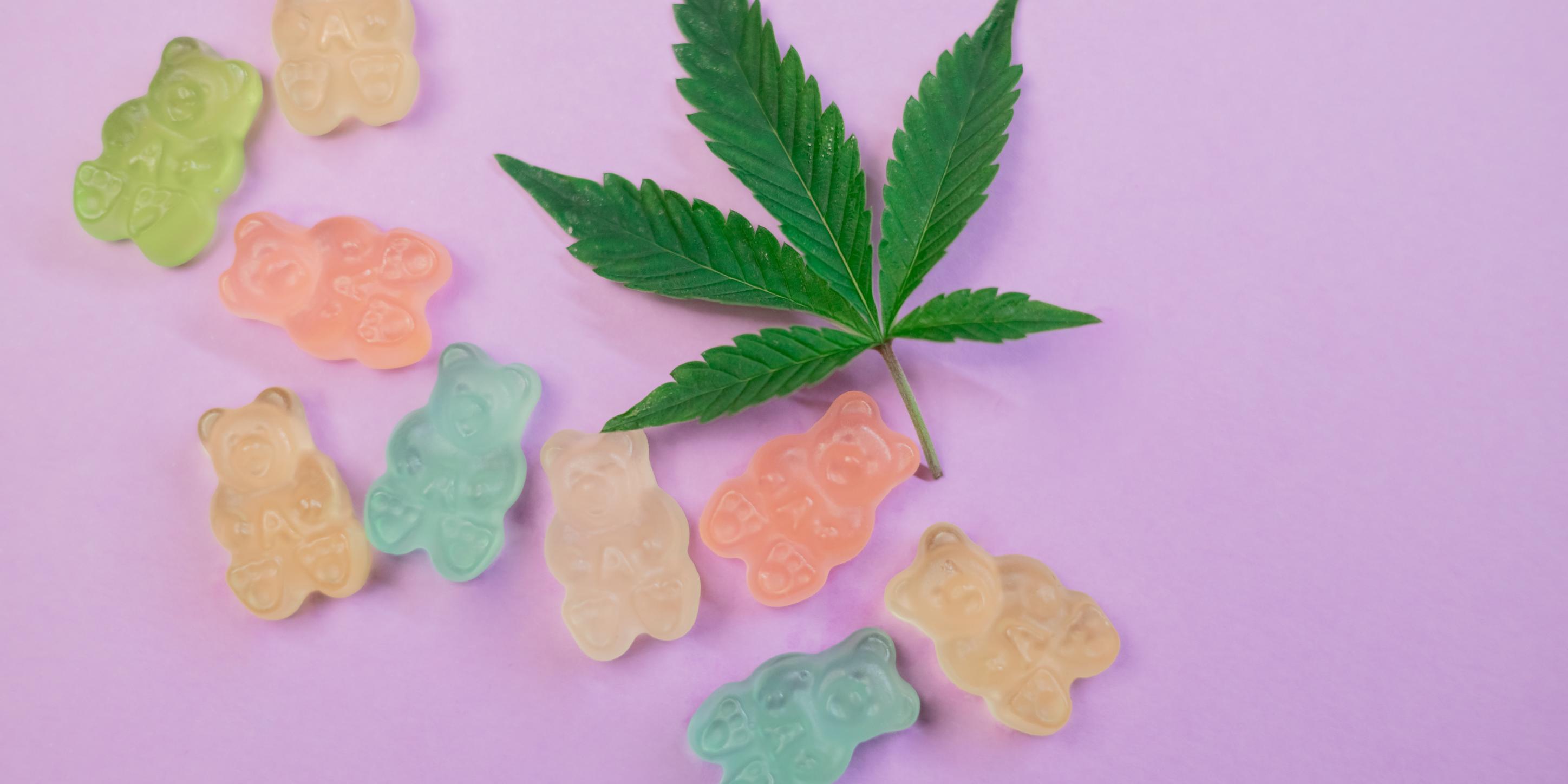The United States Food and Drug Administration (FDA) warned five companies against illegally selling products containing delta-8 THC.
The FDA is concerned about children.
A total of five companies received warning letters, including ATLRx Inc., Alpharetta, Georgia; Bio MD Plus LLC, Marietta, Georgia; Delta 8 Hemp, Los Angeles; Kingdom Harvest LLC, Hendersonville, North Carolina; and M Six Labs Inc., Saukville, Wisconsin.
The Food and Drug Administration Deputy Commissioner, Janet Woodcock, said that the FDA “is very concerned about the growing popularity of delta-8 THC products being sold online and in stores nationwide. These products often include claims that they treat or alleviate the side effects related to a wide variety of diseases or medical disorders, such as cancer, multiple sclerosis, chronic pain, nausea, and anxiety,”

“It is extremely troubling that some of the food products are packaged and labeled in ways that may appeal to children. We will continue to safeguard Americans’ health and safety by monitoring the marketplace and taking action when companies illegally sell products that pose a risk to public health,” added Woodcock.
The FDA has also asked companies to stop marketing claims about the health benefits of CBD. Since 2019, the FDA has issued numerous warnings regarding these types of allegations.
CBD and delta-8 THC are not approved by the FDA for food products.
FDA regulations prohibit the marketing of cannabis derivatives such as CBD and delta-8 THC in food products. These products are not approved for human and animal consumption. The FDA considers that more research is needed to address the legality of these compounds.

Last August, the FDA rejected two food safety petitions submitted by two US companies citing a clause in the Food, Drug & Cosmetic Act prohibiting supplements from containing pharmaceuticals.
As for Delta-8 THC, companies are still awaiting regulation from the United States Drug Enforcement Administration. Some states have completely banned the compound, while others treat it under rules governing products containing delta-9 THC, the most common form of THC derived from the cannabis plants.
Companies supporting the legalization of delta-8 THC have argued that those compounds are legal derivatives of hemp, which were federally legalized under the 2018 Farm Bill. The FDA pushes back on this theory since delta-8 THC is derived from the hemp plant synthetically, not naturally.

Products containing Delta-8 THC are of particular concern to the FDA especially chewing gum, chocolates, caramels, capsules, peanuts, candy, syrup, and vape cartridges.
The warning letters also mentioned coffee, tea, CBD oils and treats for pets, hand sanitizer, and a range of cosmetic products.
The FDA asked the companies to ensure they comply with federal law and FDA regulations while warning that they could face “legal actions, including, but not limited to, a seizure and an injunction.” Companies have 15 days to respond to these accusations.






